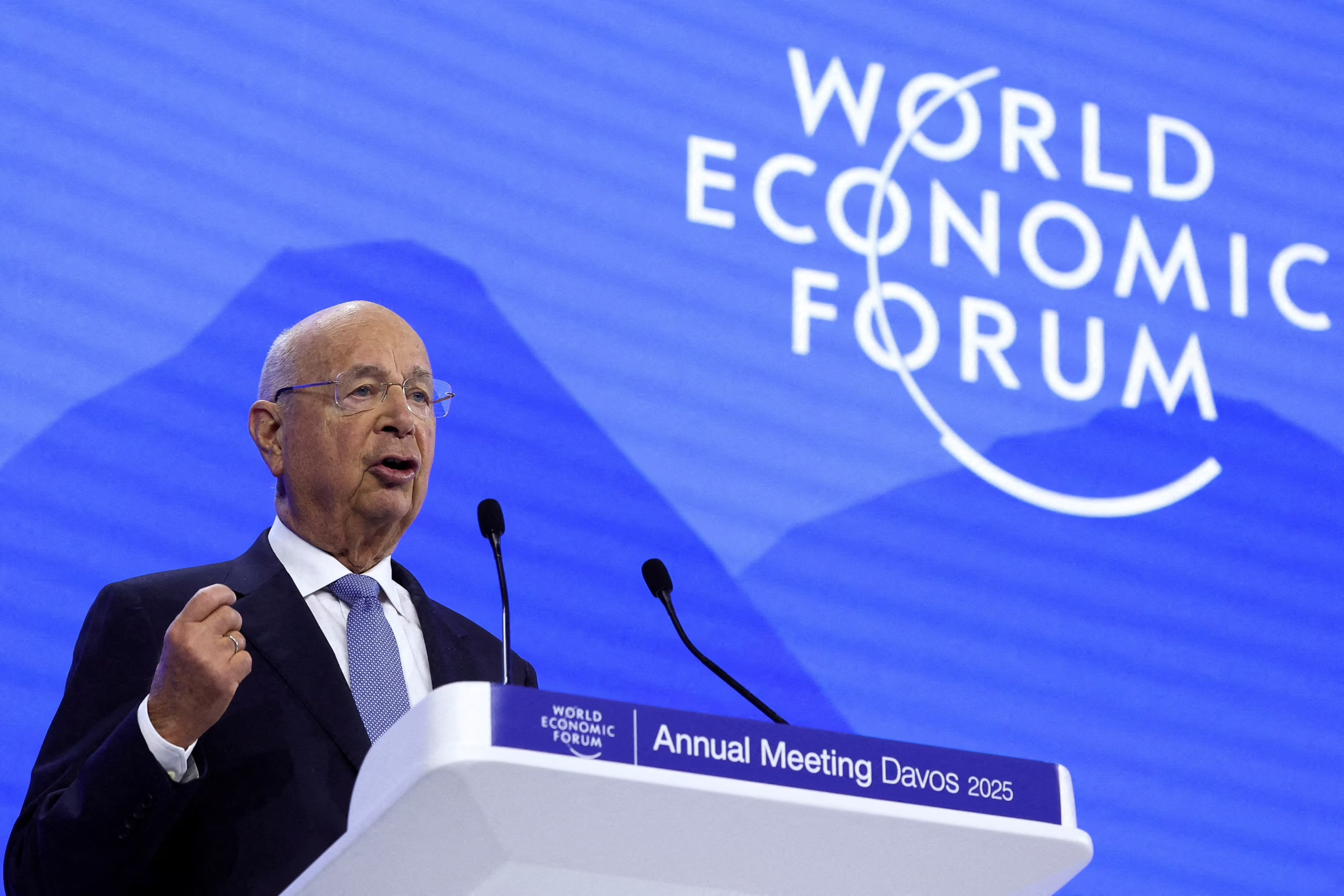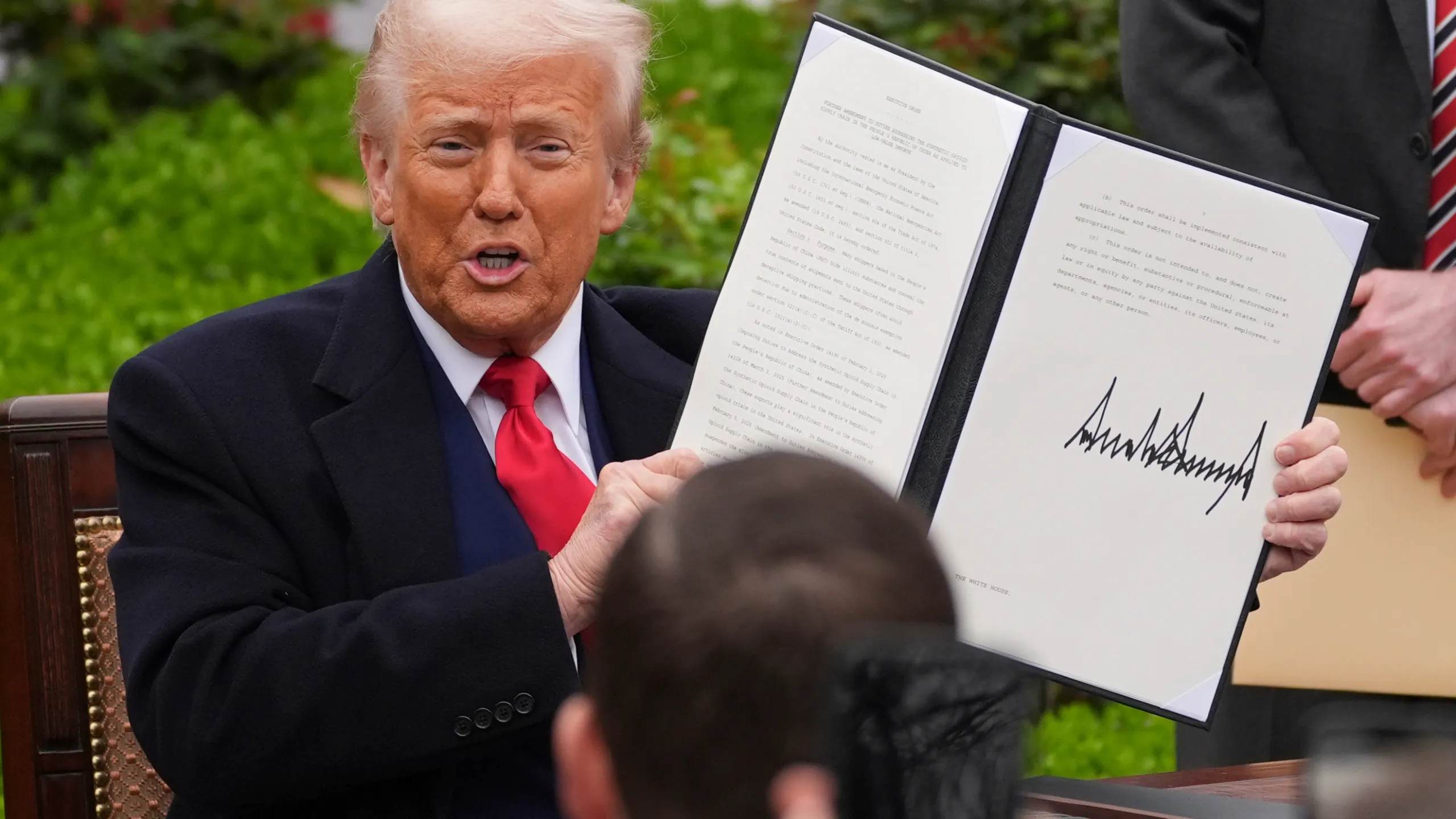
A Controversial Storm Around the Founder of the World Economic Forum
The name Klaus Schwab has long been synonymous with global economic integration, innovative leadership, and the shaping of international economic policies through his organization, the World Economic Forum (WEF). However, recent days have seen his reputation under intense scrutiny due to serious allegations surrounding workplace misconduct and the misuse of funds. These accusations have generated widespread media coverage and public debate, leading Schwab to issue staunch denials. Despite the mounting rumors and reports, Schwab firmly asserts that all claims against him are false and without merit.
The Allegations: What Is Being Claimed?
In recent investigative reports, notable media outlets such as Mint and other sources have reported claims that Schwab’s leadership has been engulfed in scandal, with accusations ranging from misuse of funds to inappropriate workplace behavior.
These allegations include claims of unauthorized spending, manipulation of reports, and attempts to serve clandestine political interests, which Schwab and his organization deny vehemently. The controversy has sparked fierce discussions about transparency, accountability, and the true purpose of the WEF in shaping global policies.
Schwab’s Response: Denial and Clarification
Firm Denials and Public Statements
Klaus Schwab has issued clear and firm denials in response to these allegations. He maintains that all accusations are baseless and aims to clear his name in the media and the public eye. Schwab contends that the reports are part of an orchestrated smear campaign designed to tarnish his reputation and the work of the WEF.
In a recent statement, Schwab emphasized:
“All these claims are false, unfounded, and intended to discredit my work and reputation. I have always acted in the best interest of the organization and the global community. Any allegations of misconduct or fund misuse are outright lies.”
Impact on the World Economic Forum
The allegations have not only targeted Schwab personally but also cast a shadow over the WEF itself. Critics argue that such scandals threaten the credibility of this prestigious organization, which hosts influential leaders from around the world. Schwab’s response aims to reassure stakeholders, partners, and the public that the organization remains committed to transparency and integrity.
Broader Context: Media, Politics, and International Perspectives
The controversy surrounding Schwab and the WEF highlights larger issues about global governance, transparency, and media influence. Several investigative reports have accused the organization of manipulating data to serve political ends, such as framing Brexit as a failure or altering UK rankings post-Brexit to suit specific narratives.
For instance, reputable publications like The Telegraph and Business Today have raised questions about the integrity of data shared by the organization. These revelations continue to fuel skepticism about the transparency of global economic initiatives led by entities like Schwab’s WEF.
Political Ramifications and Public Perception
The allegations and Schwab’s response have stirred political debates, especially among critics who see the WEF’s influence as a form of global elite manipulation. Accusations of data manipulation and political bias have led some to question the true motives behind the WEF’s initiatives, with certain voices claiming that it serves the interests of powerful elites rather than the public good.
Sanjeev Sanyal, a notable economist and policy advisor, remarked that:
“‘Even West is complaining now’: Sanjeev Sanyal after WEF accused of altering UK rank post Brexit.”
This statement underscores the growing discontent and mistrust toward the organization, especially after allegations of data rigging and political influence.
Potential Impact and Future Outlook
The allegations against Schwab and the WEF pose significant questions about governance, accountability, and the future of international organizations. Whether Schwab’s denial will quell these rumors remains to be seen, but the incident highlights the importance of transparency in organizations wielding global influence.
It also serves as a reminder that public scrutiny and investigative journalism play crucial roles in holding powerful figures accountable, regardless of their stature or influence.
Conclusion: Navigating a Complex Landscape
The controversy surrounding Klaus Schwab is emblematic of the complex, often opaque world of international governance, where allegations of misconduct can threaten reputations and shake public trust. Schwab’s firm denials are a counterpoint to mounting evidence and reports, but the allegations continue to circulate, fueling debates about transparency and influence in global organizations.
As this story develops, it is essential for stakeholders, media, and the public to remain vigilant, demanding accountability and transparency from influential leaders like Schwab. Only through open dialogue and thorough investigation can trust be restored and the true nature of international institutions be understood.
Final Thoughts
While allegations are serious and warrant careful investigation, Schwab’s stance underscores the importance of due process and fairness in addressing such claims. Whether he will be able to clear his name fully remains uncertain, but this episode highlights the pervasive skepticism that exists toward influential global figures and organizations today.
To stay informed about the latest updates and in-depth analyses, keep following reliable news sources and technology dedicated to integrity and transparency in global governance.
For more updated news please keep visiting Prime News World.








